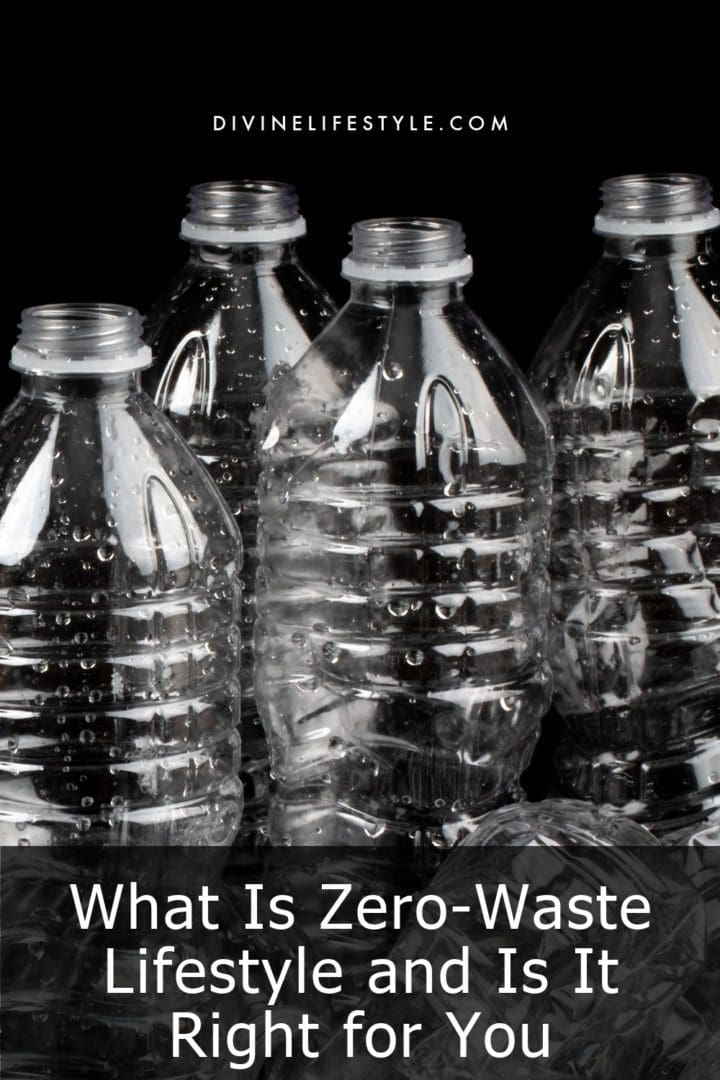5 Vacation Home Locations to Consider
5 Vacation Home Locations to Consider You want a good vacation home but aren't sure where to go. There are many options, but if you want the best location, you must be choosy. The...
Newbies have several misconceptions about living a zero-waste lifestyle. Society frames self-sustainability as an off-the-grid way of life where you grow your food, build your furniture, and detach yourself from society. While untrue, this misconception scares off a lot of aspiring advocates. Living a zero-waste lifestyle does not require denouncing city life. Millions of eco-conscious urban dwellers lead comfortable, convenient lives in a modern-day setting. Most even work in the corporate industry. Are you having doubts about whether you can push through with a zero-waste lifestyle? Don’t worry—we can help you reach a decision! We hope that this What Is Zero Waste Lifestyle post inspires you.

A zero-waste lifestyle revolves around minimizing the waste of your produce. If you only purchase what you need, maximize your current resources, and use fewer single-use items, you’ll eventually send less waste to the landfills. Overall, the goal is to abolish the disposable lifestyle that society lives in. Eliminate trash where you can. Otherwise, experts predict that countries might start running out of landfill space within the next two to three decades.
Disposable waste significantly contributes to land, water, and air pollution. Society relies on so many single-use products that the global population sends over one million plastic bottles to landfills every minute. Play your part in eliminating disposable waste by swapping the following everyday single-use items for their sustainable alternatives:
Think how many times you have thrown away your plate and fork for lunch as it was made from plastic and was single-use. This only ends up polluting our environment daily.
Sustainable Alternative: Instead of buying one-time tableware only, try to have reusable sets made from organic materials such as Nanmu wood, sustainable steel, or bamboo. Bamboo fiber plates and forks can also be a great option for a lightweight lunch set.
Cotton pads rank among the top contributors to the planet’s growing waste problem. Most people go through three rounds a day, adding to a total of over 1,000 per annum.
Sustainable Alternative: Instead of using disposable cotton pads, switch to the reusable beauty rounds from LastObject. You can reuse each soft, organic pad up to 250 times. As such, one pack is all you need for the entire year since it already contains seven reusable rounds.
Among the 35 billion plastic water bottles that America produces per annum, only 12% are recycled. Nearly 90% of plastic bottles end up in landfills. They rank alongside cotton pads and plastic bags as the most common disposable waste items.
Sustainable Alternative: Invest in a water filter! Easy-to-install options provide on-demand potable water any time, any day.
Opt-out of plastic bags. America alone already consumes over a hundred billion plastic bags every year—which exhausts 12 million barrels of oil during the manufacturing process.
Sustainable Alternative: We recommend getting two types of reusable bags. Use the cute printed tote bags from Juvale when shopping at malls or bazaars, while the multi-purpose, heavy-duty utility totes from Earthwise suit grocery runs.
The dawn of the recent pandemic proved how over-reliant people are with toilet paper. People caused chaos at their local stores to secure a roll or two. Unfortunately, this overdependence causes an increase in paper waste. Most people go through 20,000 sheets of toilet paper per annum just to wipe their bottoms.
Sustainable Alternative: Get a handheld bidet sprayer from Arofa. Cleaning with soap and water is the more eco-friendly, hygienic alternative to wiping with toilet paper.
Fast fashion tricks consumers into buying the trendiest clothes—whether they need them or not. Not only does this consumerist habit waste your money, but it also increases your carbon footprint. Manufacturing cotton shirts hurts the environment. Sourcing cotton for just a two-pound shirt already exhausts 5,700+ gallons of clean water.
Sustainable Alternative: Instead of buying expensive luxury clothes, opt for practical, durable shirts from The Classic T-Shirt company. Their ethically sourced organic cotton shirts last several years.
While toothpaste plays an irreplaceable role in oral hygiene, they leave a significant impact on the environment. Even small 3oz. tubes come in so much packaging. Brands often stuff their toothpaste in non-recyclable plastic tubes, then package them in small, thick cardboard boxes. Moreover, most toothpaste options contain non-renewable minerals.
Sustainable Alternative: David’s Toothpaste stands as the best alternative. Their organic, chemical-free toothpaste gel comes in low-waste, recyclable packaging. The tubes also have a tiny, recyclable screw at the bottom, which allows you to squeeze out every last drop of toothpaste.
Leading a zero-waste lifestyle has its challenges. However, the payoff far outweighs your sacrifices along the way. Nothing compares to the fulfillment of self-sustainability. Relying less on the planet’s non-renewable resources not only minimizes your carbon footprint, but the process also turns you into a mindful, disciplined individual.
To hasten your progress, surround yourself with eco-conscious individuals. Hanging around environmental advocates programs you into subconsciously opting for eco-friendly alternatives. Making mindful choices will soon come as second nature to you. A zero-waste lifestyle can get lonely. Having a few trusted friends to support you throughout your journey goes a long way. Trust us—you’d want someone to talk to about your new lifestyle. We hope that this What Is Zero Waste Lifestyle post inspires you. Good luck!